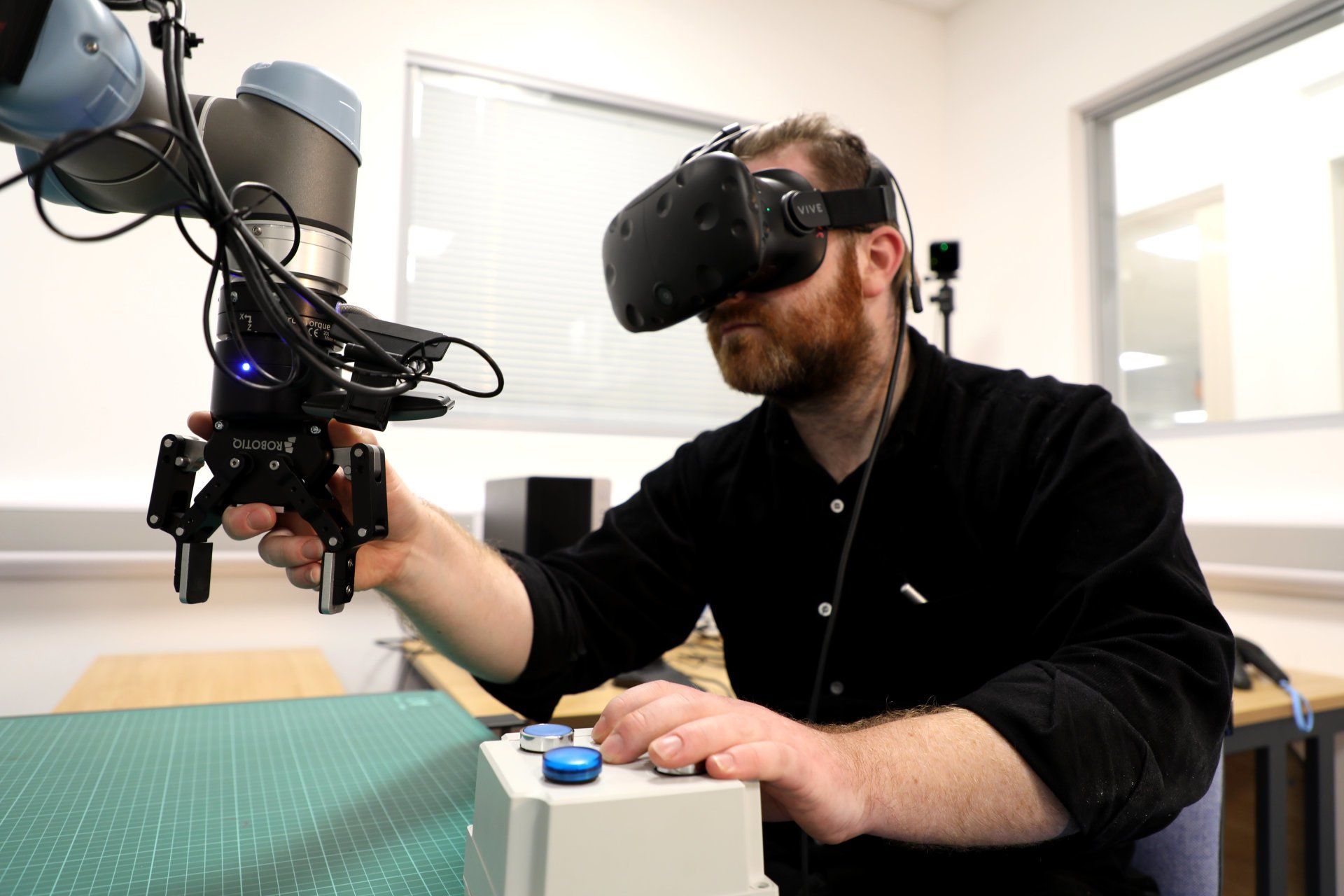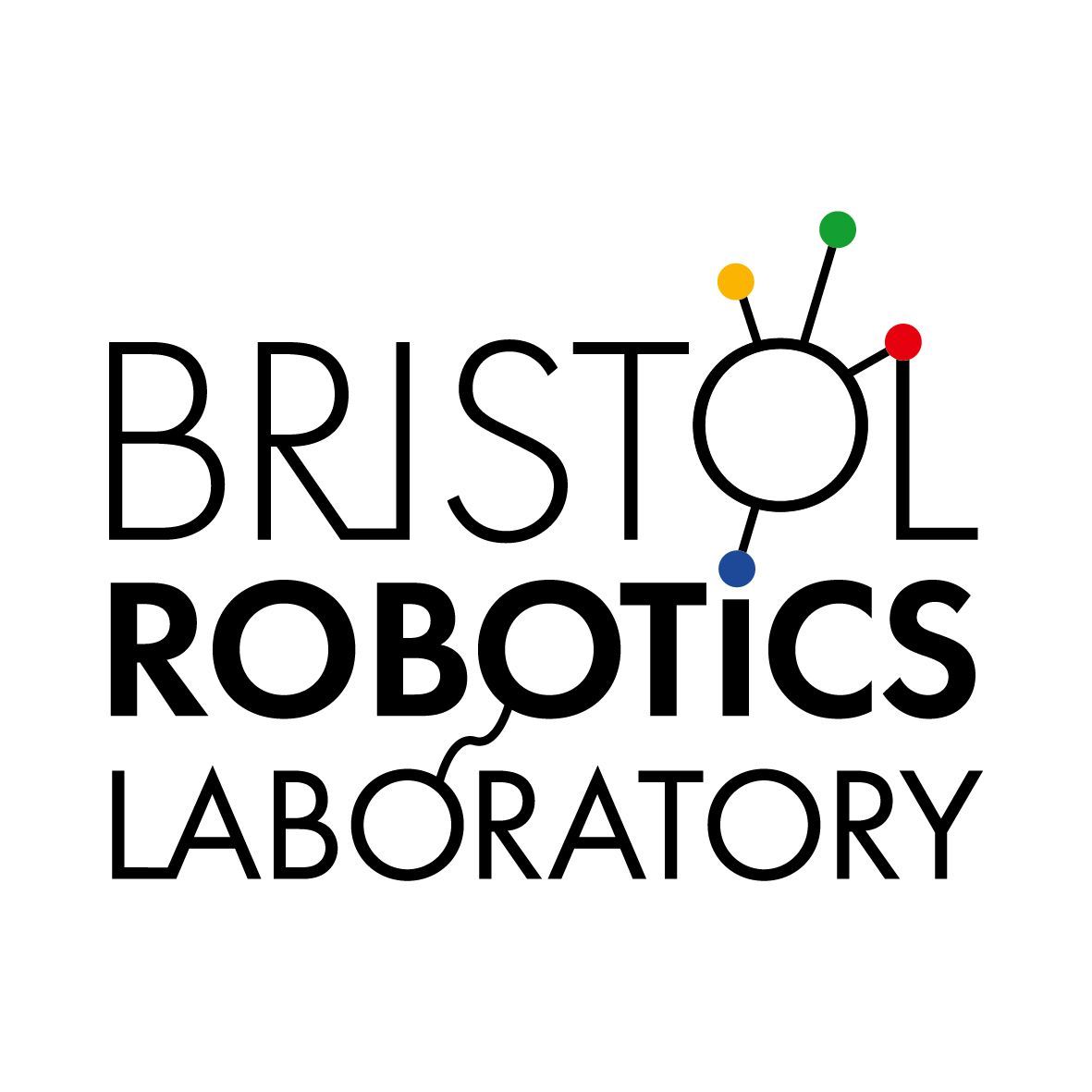BRL Research Studies

A Multimodal Deep Learning Based Approach for the Early Detection of Neurodegenerative Diseases
What is the purpose of the study?
Previous research has shown that eye movement characteristics change across our lifetimes. A decline in cognitive function due to Alzheimer’s Disease has been shown to impair eye movement beyond that which is expected of healthy aging. This study aims to gather eye movement data during different cognitive tasks. To do this, an experiment has been designed where you will complete some visual tasks (e.g. following a moving dot on a computer screen), while the movement of your eyes is recorded.
Collecting this data will allow us to investigate age and cognitive task related changes in eye movement using a machine learning approach. In future research, thi s work will be used to compare the differences between typical and atypical aging, and will potentially aid in the early detection of Alzheimer’s Disease.
What will happen to me if I take part and what will I have to do?
Due to the current restrictions regarding interpersonal contact during Covid 19, the following experimental setup conforms with the regulations set out by U WE’s Ethical Guidance to allow the experiment to take place during this period. These are further detailed in the “Covid 19 Precautions” section below but please contact the researchers if you require any further information.
The study involves taking part in approximately one hour of testing. You will be asked to answer some questions about yourself (age, education, gender, health, etc.), and if you are happy to proceed with the experiment give consent to do so.
You will then complete the visual tasks, which will be displayed on a computer monitor. The visual tasks encompass a number of activities, including: watching a dot as it moves about the computer screen; looking at images of natural scenes (e.g. landscapes), or pairs of images side by side; and pressing the mouse or keyboard in response to certain images being displayed. You will be given time to familiarise yourself with and practice the task before completing each one.
During the tasks, your eye movements will be recorded with a camera on the desk we will additionally ask you to use a chin rest to keep your head still during the tasks. Some of the tasks may be cognitively challenging, as they will require you to carry out additional problem solving tasks (while also responding to the displayed visual stimuli. These problem solving tasks include: mental arithmetics; word association; and tapping the mouse or keyboard keys in a particular rhythm. While the tasks may be somewhat challenging, they are also quite short and you are welcome to take breaks between tasks. This is not a clinical evaluation and your data cannot be used for any diagnostic purposes.
Coronavirus precautions
In order to protect your safety and the safety of the researchers, social distancing will be practiced throughout the experiment where possible. Face masks and hand sanitiser will be provided for you, and used by the researcher. Any equipment will be thoroughly sanitised between participants. If you are feeling unwell in any way, or present with Covid 19 symptoms pri or to the experiment, please inform the researcher using the contact details provided, at which point a new date for experimentation will be arranged.
- Internal applicants only
Where:
Bristol Robotics Lab, T-Block, UWE Frenchay Campus.
When:
From 12th July 2021
if you have any queries or would like more information please contact:
Gabriella Miles , Faculty of Engineering and Technology, University of the West of England, Bristol

- Closed -Investigating the potential of the B:Ionic glove as a sensory feedback device for upper limb prosthesis users
What is the purpose of the study?
The aim of this study is to investigate and characterise the B:Ionic glove which is a sensory feedback device for upper limb prosthesis users. 60-80% of amputees experience phantom limb pain , however research is suggesting that providing sensory feedback could reduce this . The B:Ionic glove provides sensory feedback in the form of force, where the grip force correlates to squeezing of the arm. The purpose of the experiment is to quantify the stimulation levels, sensitivity and sensations that this device can generate.
What will happen to me if I take part and what will I have to do?
During the experiment you will be asked to wear a device on your arm, which will gently squeeze your skin when activated. The device is worn like a wristband around the arm that is held in place and adjusted to size with a Velcro strap. The wristband will be placed around the upper part of your forearm and mid part of your upper arm for different parts of the experiment.
We will show you the device and give you a demonstration before the experiments so you can decide if you are happy to wear it. We will also give you a demonstration of the sensations it creates on the skin before the experiment start so you know what to expect. The experiment will take approximately 40 minutes.
Coronavirus precautions
In order to protect your safety, and the safety of the researchers social distancing, as per government guidelines, will be put in place as much as possible while the experiment is taking place. Face masks and hand sanitiser will also be provided for you and used by the researcher. Any equipment will also be thoroughly sanitised between participants.
- Internal applicants only
Where:
Bristol Robotics Lab, T-Block, UWE Frenchay Campus.
When:
23rd Sept to 2nd October 2020
if you have any queries or would like more information please contact:
Melanie Simons: melanie.simons@bristol.ac.uk (student conducting this research)
Jonathan Rossiter: jonathan.rossiter@bristol.ac.uk (supervisor)

- Closed -Touch for UE prosthetics
What is the purpose of the study?
This research is aimed towards determining the best arrangement of vibrational motors on the skin, in order to relay sensory information obtained from a prosthetic hand. It is of interest how changing this arrangement affects the accuracy of identifying a stimulus and how easy to use the system is. To do this an experiment has been designed where several different arrangements will be compared in terms of user preference and performance.
What will happen to me if I take part and what will I have to do?
You will be asked to first fill in a demographics questionnaire. In the form of the experiment itself there are three different cases, which you will be asked to compare in terms of your preference and the accuracy by which you perform. This accuracy is determined by the correct identification of a particular stimulus in terms of weight and placement of an object on a platform which simulates a sensory enabled prosthetic. You are free to withdraw without giving a reason by terminating the experiment at any time.
At the end of the experiment you will be asked once more whether we are allowed to use your data. If you answer ‘no’, all data will be deleted. If you withdraw from the study your data will be destroyed and not included in the study results.
Coronavirus precautions
In order to protect your safety, and the safety of the researchers social distancing, as per government guidelines, will be put in place as much as possible while the experiment is taking place. Face masks and hand sanitiser will also be provided for you and used by the researcher. Any equipment, such as the prosthetic platform, will also be thoroughly sanitised between participants.
- BRL Staff or Students only
Where:
Bristol Robotics Lab, T-Block, UWE Frenchay Campus.
When:
17th & 18th September 2020
if you have any queries or would like more information please contact:
Alex Smith, Faculty of Engineering and Technology, University of the West of England, Bristol (alexander6.smith@brl.ac.uk)

- Closed -VR Control of a Mobile Robot
What is the purpose of the study?
Have you ever wondered what it would be like to remotely control a robot through a nuclear environment utilising Virtual Reality?
- BRL Staff / Students only
Where:
Bristol Robotics Lab, T-Block, UWE Frenchay Campus.
When:
17th to 24th September 2019
Via BRL intranet communications only

- Closed -Study into depth perception in VR
What is the purpose of the study?
The aim of the research is to investigate how a user perceives depth perception in VR for completing tasks competently.
What will happen to me if I take part and what will I have to do?
This experiment will involve you performing precise movements in virtual reality (VR) environments and giving structured feedback on the depth perception and distance estimation perceived for the experiment; the feedback structure will be provided. The environments have been created to be navigable by a robotic arm that the user will operate in VR as well as a small virtual robotic rover.
After the experiment has been completed you will be asked to fill in a short questionnaire and a short debrief will also take place.
- BRL Staff or Students only
Where:
Bristol Robotics Lab, T-Block, UWE Frenchay Campus.
When:
Between 2nd and 5th September 2019
- Study Now Complete -

- Closed -Measuring breathing while sitting and running on the spot, and coughing using a flow meter
What is the purpose of the study?
The aim of this study is to measure and compare respiratory flow rate and peak cough rate variations in healthy people.
What will happen to me if I take part and what will I have to do?
If you decide to take part, you will be asked to breathe and cough into a sensor. At first, we will ask participants to sit and breathe normally into the flow rate sensor and then to breathe deeply into the sensor. In the second part of the experiment, we will ask participants to run on the spot and breathe into to same sensor. At last, we will ask participants to cough into the flow rate sensor.
The experiment will typically last for 20 minutes. All data collected will be anonymous.
- General Public
- Any healthy individuals between the ages of 18 – 65 can be considered as a participant in this study.
Where:
Bristol Robotics Lab, T-Block, UWE Frenchay Campus.
When:
Wednesday 18th September
- Study Now Complete -
Should you have any questions about this research, please contact either student conducting this research, or their supervisor.
Keren Yue (student): keren.yue@bristol.ac.uk Jonathan Rossiter (supervisor): jonathan.rossiter@bristol.ac.uk

- Closed -Would you like to participate in human robot interaction experiments?
We are running a study participation day at the Bristol Robotics Laboratory on the 26th of August where you can participate in a number of different studies one after another.
Here at BRL we are investigating a wide range of things that require people to participate in studies from teleoperation for nuclear decommissioning, to assisted living robots. Participating in these sorts of studies not only aids our research but allows you to get first hand experience of exciting robotics research going on here at UWE. To compensate you for your time some studies provide Amazon vouchers.
General Public
Over 18 years old
Where:
Bristol Robotics Lab, T-Block, UWE Frenchay Campus.
When:
Bank holiday Monday 26th of August, 10am - 6pm
- Study Now Complete -
No need to pre-book as scheduling for the studies that are running will be done on arrival, but it would help us to have an idea of numbers.
Please email paul.bremner@brl.ac.uk if you intend to come.

